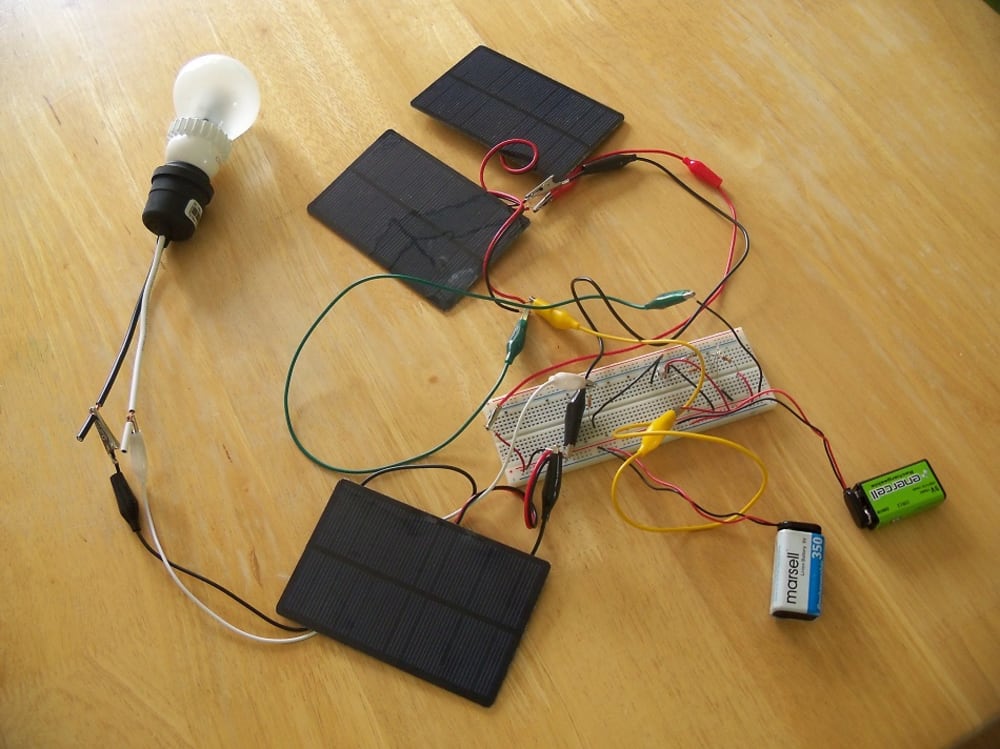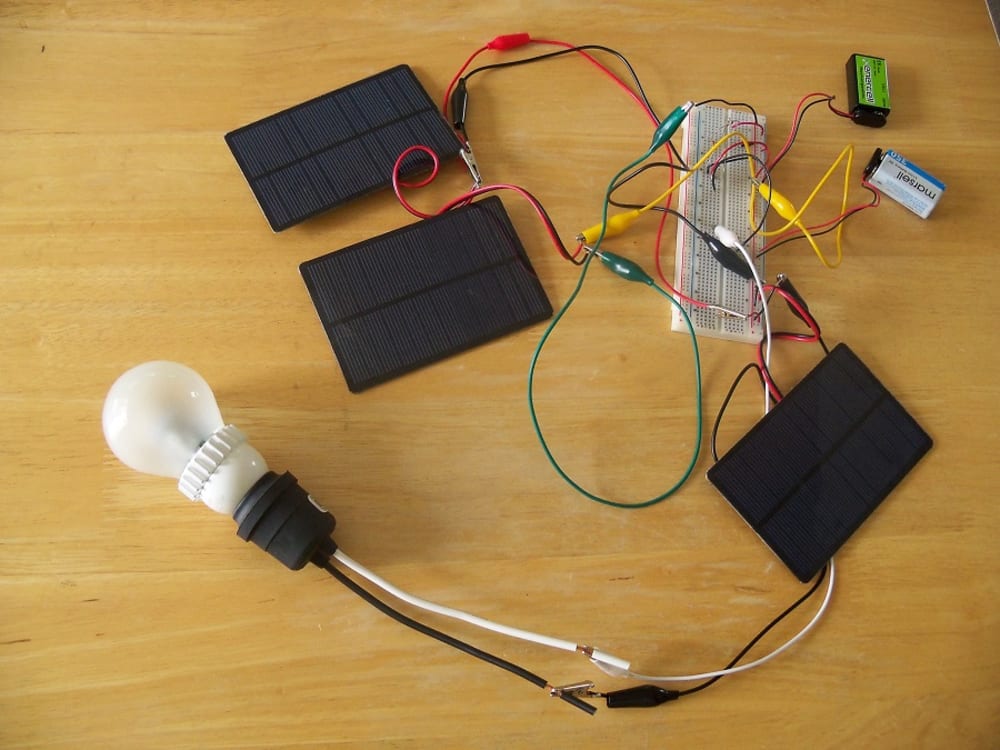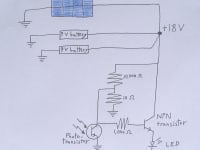Who says the sun can't shine at midnight? What if solar panels charged up a battery during the day, which then went on to power a street light at night?
The EIA reports that up to 12% of all electricity goes into lighting. Needless to say, it's a big part of our energy footprint. What are some other features a smart lighting solution should have to maximize environmental friendliness and cost effectiveness? After a lot of research and brainstorming, I think I have my answer:
1. LED bulbs are used instead of less efficient fluorescent and incandescent bulbs.
2. No expensive chips or control panels are used to control the LED turning on/off. That is done completely with photo-transistors and NPN transistors.
3. Because this is both solar-powered and not dependent on a control panel, it's completely self-contained. That means no power lines running through the streetlight pole and big savings.
4. In areas with rough weather conditions, a dome will cover the solar panels (this feature is not shown in video). This both protects the panels and serves as a converging lens to concentrate the sunlight. Killing two birds with one stone.
Like this entry?
-
About the Entrant
- Name:Rogers Feng
- Type of entry:individual
- Patent status:none








